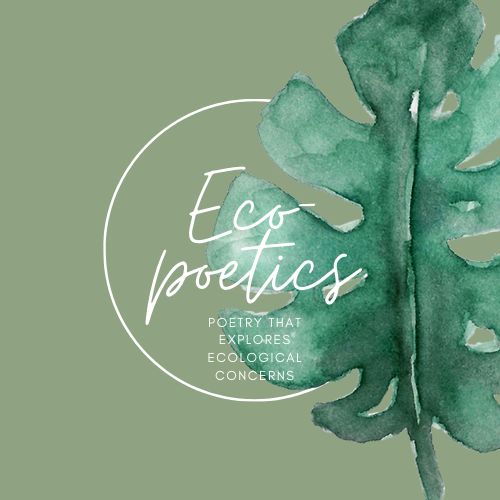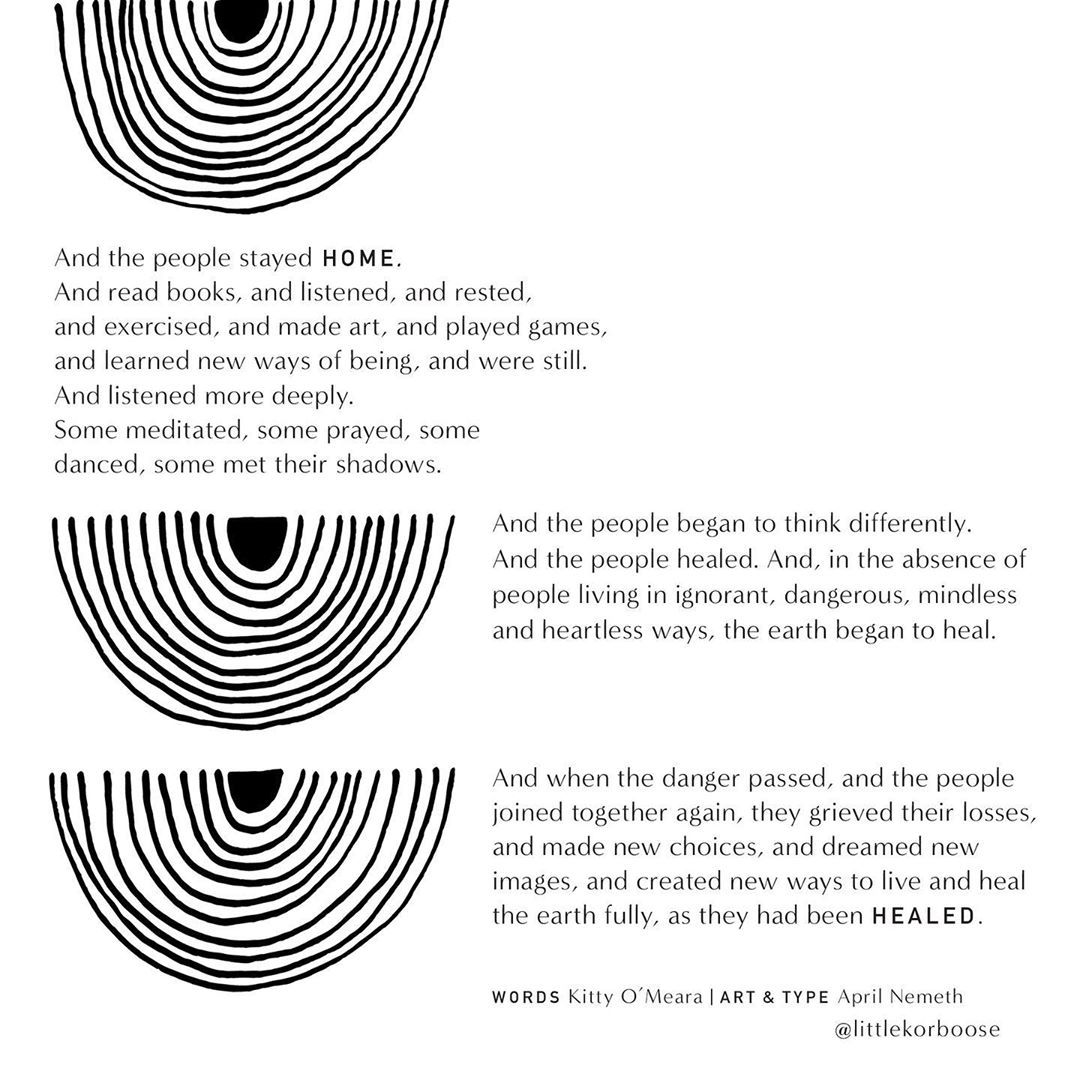It’s a weird time. No one can deny it.
We’re stuck at home, sitting, lying down, and doing almost everything else virtually. Although it can be convenient, eating, sleeping, and working in the same place is mentally straining and doesn’t help our already unstable emotional states.
Reading the news doesn’t help either. There are always new cases of COVID-19, which adds more anxiety and worry to our already stressed-filled hermit lives.
To release some of the stress and anxiety, why not… write it all down?
Writing can be both a productive act and a mechanism to cope with the current on-going situation. With the act of writing, we are able to spend our time doing something creative while putting our feelings and thoughts into words to release the pent up stress too.
On one hand, we now have some time to sit down, enjoy our life at home and write. On the other hand, it is hard to find motivation and inspiration to write during a time when our spirits are down.
To overcome this setback, I suggest writing eco-poetics by using the current situation as inspiration. It is both a tool to write productively and to document our own histories as a way to cope with the situation.
 What is eco-poetics?
What is eco-poetics?

Ecological poetics, or eco-poetics for short, is not just poetry about the environment. It is poetry that addresses ecological concerns. However, instead of using direct and confrontational statements, eco-poetics uses reader’s individual interpretations as the main way to bring awareness to ecological issues. With individual interpretations, readers can fully immerse themselves in the writing to reflect on how their interference has been dominantly impacting the climate and the environment.
1) Use news about the pandemic as inspiration for writing your own eco-poetry.
In any case, stories and facts about COVID-19 make for some good inspiration to write eco-poetry.
As the virus continues to spread widely around the globe, it is easy to find news about it anywhere. Although the news can induce stress and anxiety, it can’t be helped that it’s so morbidly fascinating.
Getting to know the scale of the crisis. Understanding what is happening in the world. Learning about the different methods every country is using to cope with the situation. It’s all so gruesomely intriguing to read about. At least, it is quite captivating to me. Is it the same for you?
Rather than brooding over the news, we can take that information and turn it into something more productive. You can write about the most shocking facts. You can take parts of the information and turn it into a sort of narrative. Take any information you’ve read in the news and make it your own.
For example, here is a line I wrote describing the situation when everything closed and people followed social distancing protocols.
"Knots tied. No one in sight.
Only the skies seem bright."
When I wrote this, I imagined places being tied and locked up. Meanwhile, people are cooped inside their homes as if their tied to their house. Self-isolating at home means that less people are outside, which I state as 'no one in sight'. Lastly, I contrast the gloominess with a link to the environment by highlighting the 'skies' shining brightly. This last line can allude to how the pandemic is helping the natural environment thrive, even when it isn't much help for humanity.
By writing eco-poetry about the virus, readers are able to understand and relate to it now because it is happening in the present time. This reflection is much more impactful now more than ever as the pandemic is affecting everybody around the world.
Having the readers read about the pandemic through eco-poetics will let them reflect on the impact it has on the Earth. Take for example the fact that our carbon footprint has been reduced significantly as people are staying home and lessening their activities outside. Instead of stating this fact directly, alluding to it with your own experiences can make your poem much more relatable. As the reader relates to and reflect on these experiences, they will come to understand the impact of human activity on the environment and climate.
This brings me to my next point.
 2) Add a personal touch by using your own experiences.
2) Add a personal touch by using your own experiences.

After you’ve gathered enough information, add a personal touch to your poem by using your own experiences.
If you’re having trouble writing creatively even with all the information you’ve gathered about the pandemic, you can start by writing down your own experiences doing self-isolation.
Think of it as like a journal entry to your daily life. Write about your feelings when you’re reading the news. Write about how you’re feeling stuck at home. You can mix in some of the facts you’ve gathered earlier. You can even describe any mundane task you’ve done while in the midst of the pandemic.
It might seem like a tedious task now, but it is a way to reminisce this odd time in the future. Just like every other historical event, it may seem like such a long period of self-isolation now, but once it’s over you’ll come to find it was a short period. Although short, this period has made a dent in history.
For me when I'm self-isolating, I try my best to block out the negative news about the pandemic. Here is a line of how I would describe my situation:
"Like Patrick
Living under a rock.
I, too,
Lived under a block."
I reference here a character from the Spongebob Square Pants show, Patrick Star. This is a character that although lives under a rock is living life with a positive outlook. I connected myself with him as I stay sheltered in the comfort of my home, ignorant to what is going on around the world. I also chose the rock (and block) to allude to it being a symbol of strength and stability. While humanity is gathering our strength to overcome this virus, the Earth is stable. Without human interference, trees are still standing tall, flowers are blooming brightly, and grass is growing with much more vigor.
In this way, writing about the pandemic and your experiences as eco-poetics will not only preserve your memories and document your own history, but it will also let your readers see the pandemic through your own perspective.
Providing your perspective and real-life experiences will make your poem more relatable to the reader. Readers must connect with the poem by imagining the scenario you’ve put them in.
And remember, you can be as abstract as you want.
This is poetry. Poetry doesn’t need to be concrete. Poetry can be abstract. It doesn’t need to have one specific meaning or one definite interpretation.
You can write it as a narrative poem, a sonnet or however you like. You can add flowery language or short, straight-to-the-point statements. It is up to you to set metrics or other limitations to form the structure of your poem.
At the end of the day, the poem’s meanings are up to your readers’ interpretations.
For example, here is a poem by Kitty O’Meara titled ‘And People Stayed Home’ (2020) that has grown popular due to the current crisis:

Here O’Meara has brought in aspects of her own mundane life as a tactic to make the poem relatable. She achieves relatability by highlighting what she has been doing: reading, listening, playing games etc., which some of us most likely have done or, at least, imagine ourselves doing the same.
Although O’Meara doesn’t directly address the ever-changing geological history of the Earth as other eco-poetry do, it can be inferred that she wants to convey how changes in human activities can change geology as well.
We understand that the coronavirus is doing no good for the human population. Although the pandemic has more negatives, it has one redeeming aspect toward the Earth. O’Meara addresses this positive effect by stating: “even the earth began to heal.” We can assume here the connection between humans and the environment. As we take a rest while waiting for the pandemic to end, the Earth is also able to take a break. For example, the less people are doing things outside such as driving cars, the less the Earth needs to endure harmful effects such as air pollution.
This is only one of my interpretations. There can be many other interpretations. Other events can also be attributed to this poem too.
But in this way, O’Meara has mixed facts about the pandemic with her own experiences to let her readers reflect on how their own human interference has influenced the environment.
Since we now have some time at home, we can be productive and document this time. By writing eco-poetry, we will preserve not only the memory of the crisis and our own history, but we can show the world how our actions are influencing both human history and geological history.
So, gather up your writing utensils, think about the current geological history, and get your creative juices flowing. Let the world know your thoughts. Who knows, maybe someone might view your poem as a historical document.